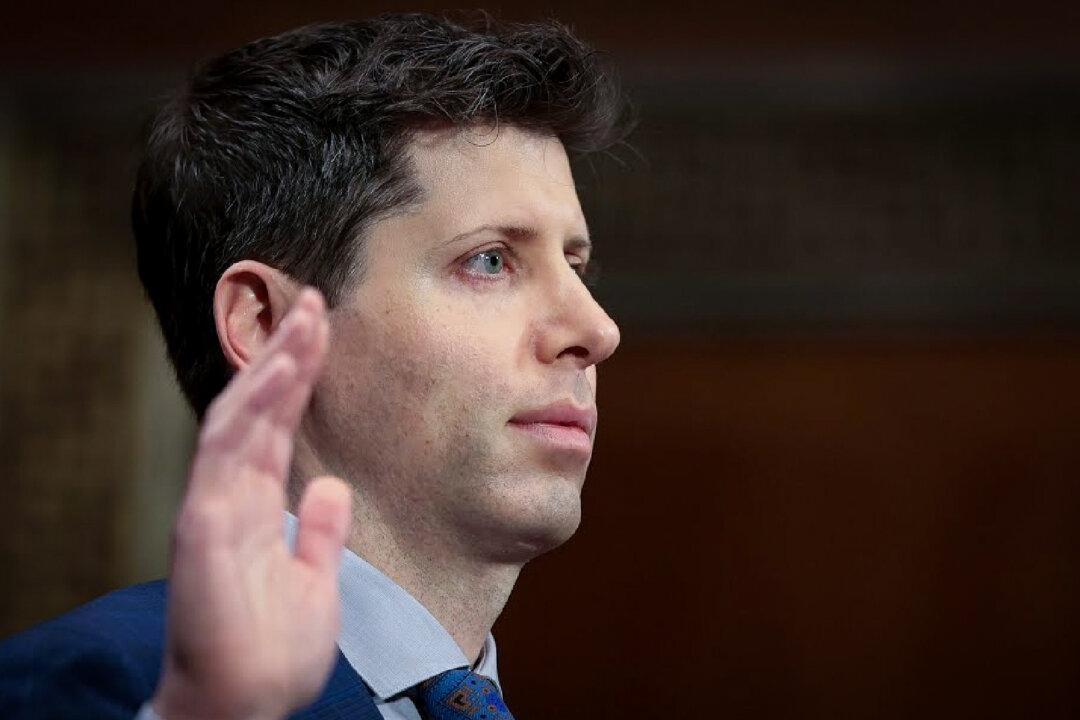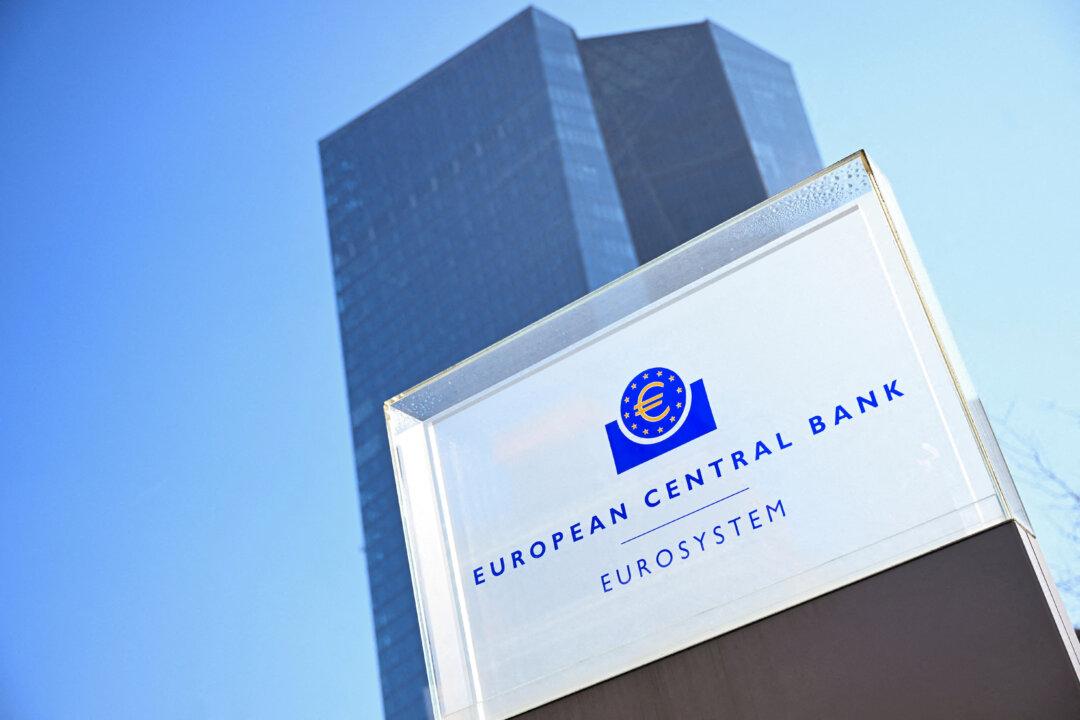OpenAI has signed a pledge that promises to develop artificial intelligence (AI) in a way that will “contribute to a better future for humanity” after the company was sued by former co-founder Elon Musk, who alleged violation of the company’s founding agreement by developing AI for profit and power.
The pledge comes in the form of an open letter launched by venture capitalist Ron Conway and his firm SV Angel, which at the time of reporting had been signed by over 200 companies and individuals, including Google and Microsoft.





